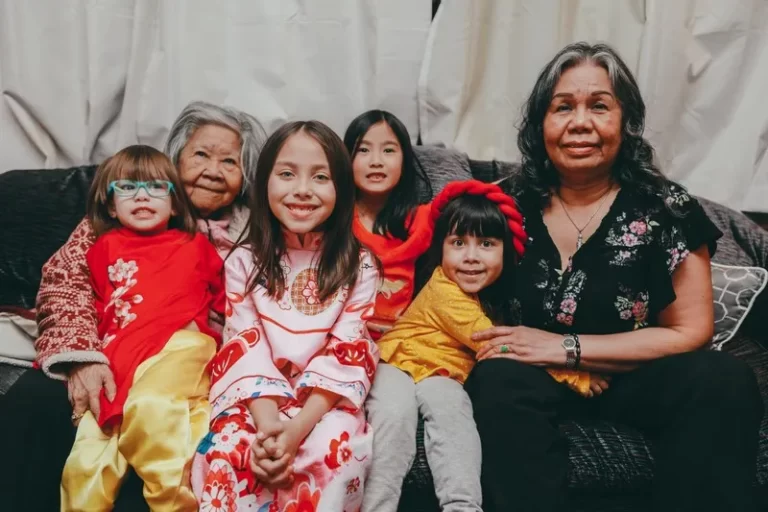
Intergenerational Conflict in Sociology: An Outline and Explanation
Intergenerational conflict is a complex social phenomenon that arises from differences in values, social change, power dynamics, and communication gaps between generations. This blog post explores the causes and effects of intergenerational conflict, and provides strategies for resolving it.









